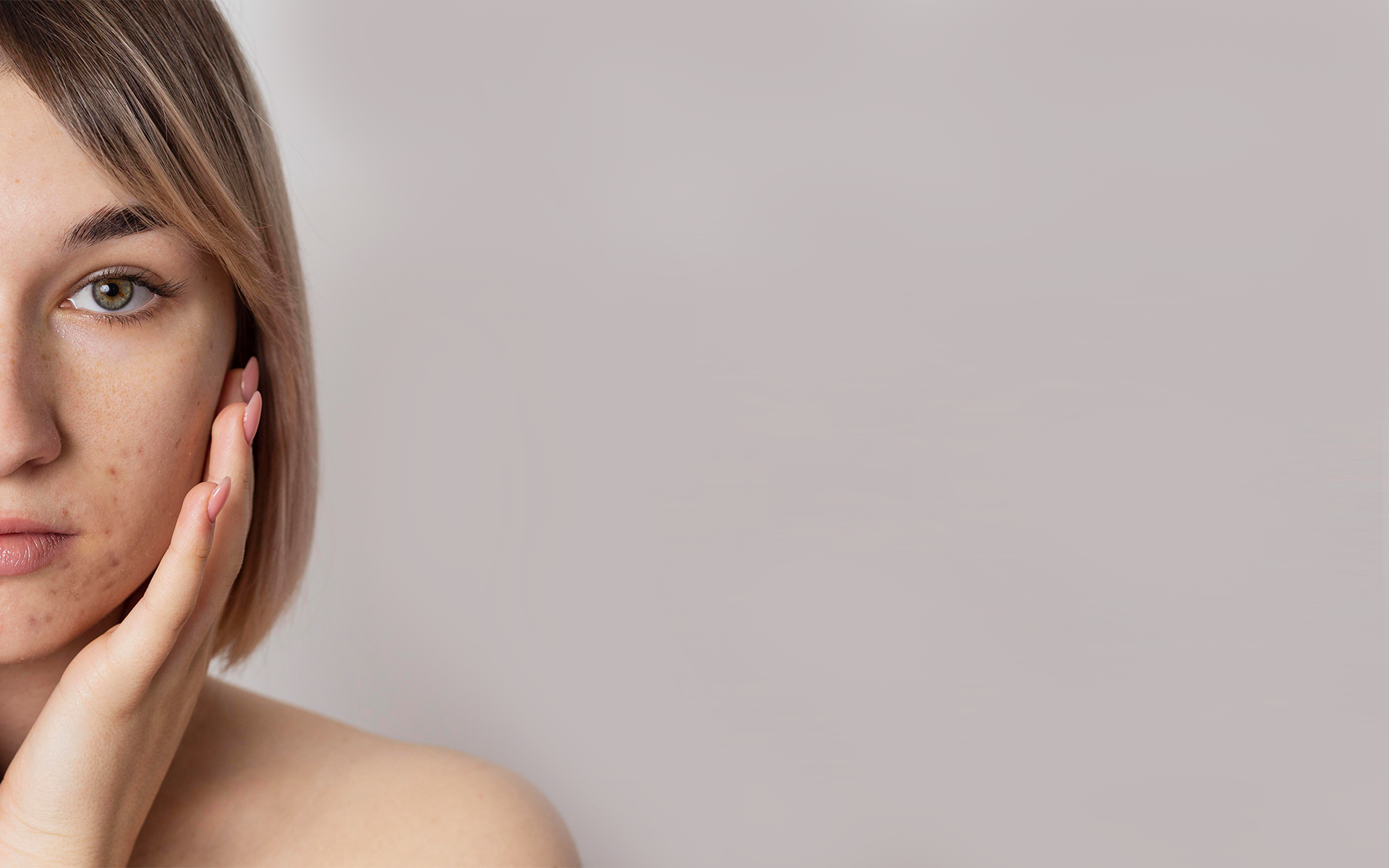Why did I get acne?
Acne is a common skin condition that affects people of all ages. While the exact cause of acne is unknown, it is thought to be related to several factors, including hormones, genetics, and diet. For many people, acne is a fact of life that can be managed with over-the-counter treatments. In either case, understanding the causes of acne can help to treat the condition effectively.
Acne occurs when the hair follicles become blocked with oil and dead skin cells. The blockage creates an ideal environment for bacteria to grow, which leads to inflammation. Hormones are thought to play a role in acne by increasing oil production in the skin.
Genetics may also factor in, as acne tends to run in families. Diet can be a contributing factor, as certain foods may trigger inflammation or cause the pores to become blocked.
What are the different types of acne, and can it get severe?
While it is most associated with adolescence, acne can also occur in adults. The clogging of skin pores can lead to inflammation and the formation of pimples, blackheads, and whiteheads.
In some cases, acne can also lead to the development of cysts or nodules. These are large, painful lesions that can cause scarring. Acne can be mild, moderate, or severe. When there are occasional breakouts of blackheads or whiteheads this is considered mild acne. Moderate acne is characterized by more frequent breakouts, as well as the presence of papules and pustules. Severe acne can be extremely painful and may lead to the development of cysts or nodules. See a dermatologist if you are experiencing severe acne, as it can be difficult to treat at home.
In severe cases, acne can lead to permanent scarring and even depression, and in some cases, the inflammation can be so severe that it causes the pore to rupture. This can result in deep scars that are very difficult to treat. With proper treatment, you can get your acne under control and enjoy clear skin.
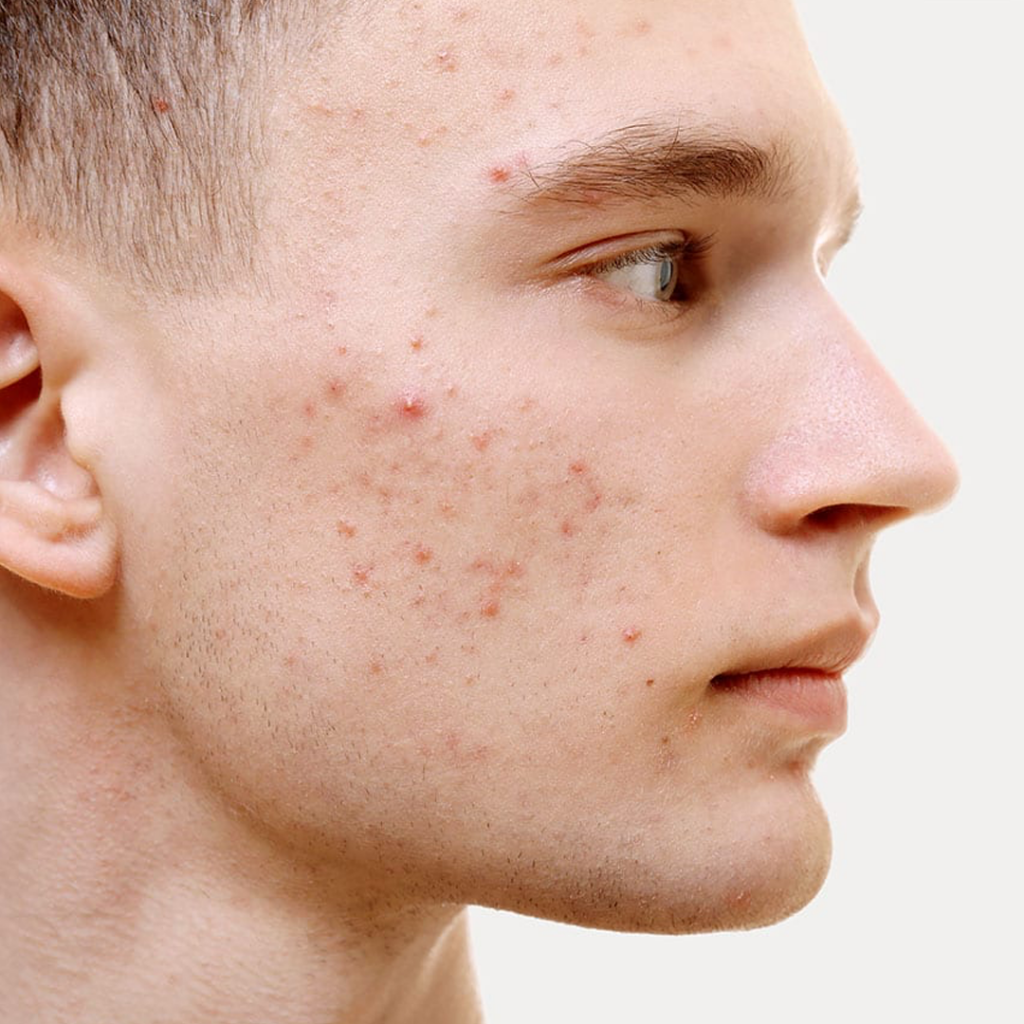
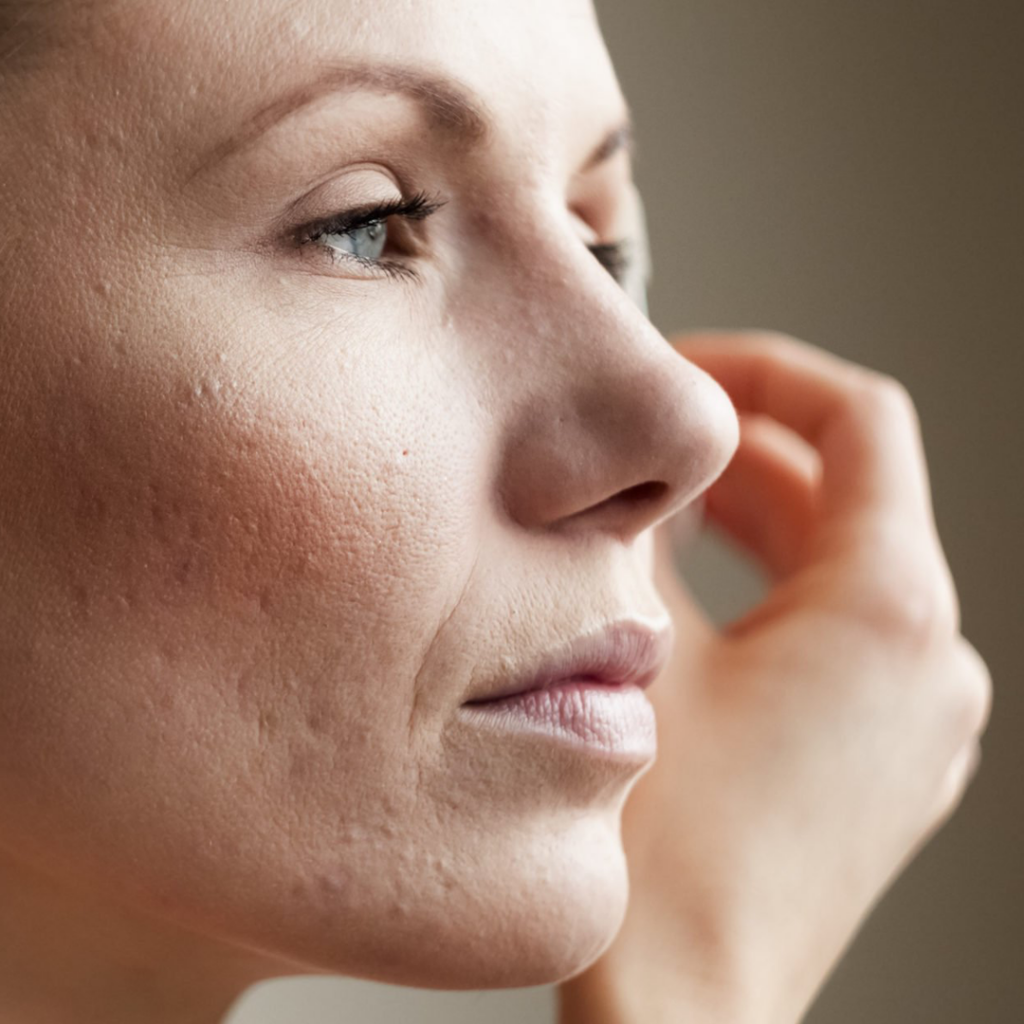
Treating acne
La Roche-Posay Effaclar Purifying Foaming Gel is a delicate soap-free cleansing facial wash for blemish-prone and oily skin. It gently removes dirt, grime, and sebum from the skin. The gel forms a foam which cleanses the skin without disturbing the pH balance, leaving the face clean and fresh. This results in a comfortable feel, i.e., the skin does not feel tight or dry after cleansing.
Effaclar Purifying Foaming gel is perfect for oily acne skin to be used daily morning & evening, even for those early pre-teen years.
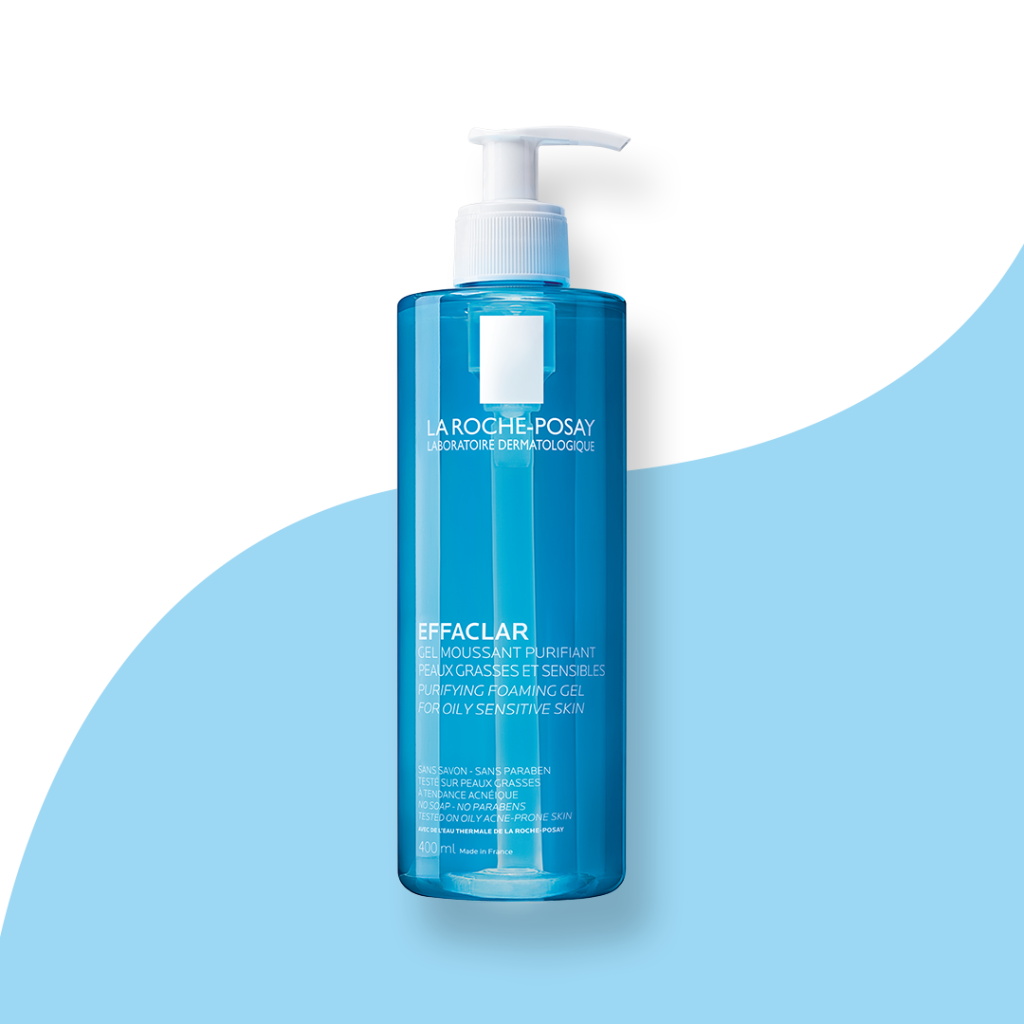
La Roche-Posay Effaclar Serum Ultra Concentrate targets imperfections and is ideal for those suffering with acne in adulthood. It exerts an action on fine lines and wrinkles while regulating sebum. The serum reduces oil secretion from the skin, its exfoliating agents helping to renew the skin for a more even complexion. It has a soothing action and has been proven to reduce the signs of ageing.
This is how it works. The triple acid complex inside Effaclar Serum Ultra Concentrate combines salicylic acid, glycolic acid, and lipo-hydroxy acid in a formula containing niacinamide.
- Salicylic acid is responsible for reducing sebum secretion and unclogging pores.
- Glycolic acid renews the skin with its exfoliating action that removes any scaly or dry outer layers of skin.
- Lipo-hydroxy acid reduces blackheads, whiteheads, and other lesions with its gentle exfoliating action.
- Niacinamide prevents post-acne hyperpigmentation (red or brown marks).
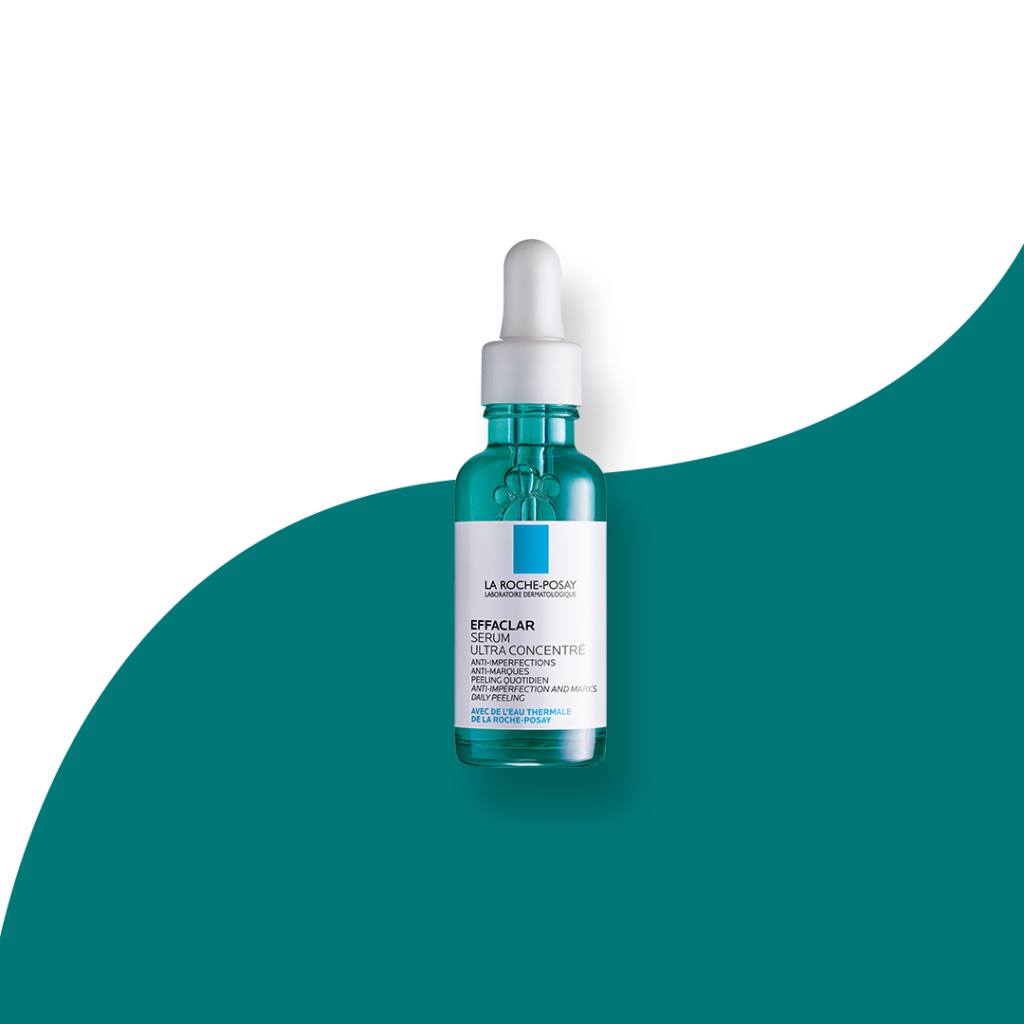
La Roche-Posay Effaclar Duo [+] is a moisturizer cream designed for blemish-prone skin. The gel moisturizer’s dual action helps to keep the skin even, reducing the appearance of pimples and sebum shine. Its exclusive active ingredients work against scarring and skin staining sometimes caused by acne.
Effaclar DUO is a two-in-one product specifically designed to treat acne. Let’s take a look inside!
The ingredients: Niacinamide soothes the skin and reduces redness; Procerad actively prevents the skin from staining and marking; and Aqua Posae Filiformis nourishes the skin, balances it out, and helps to restore its strength. Effaclar Duo [+] has a 24-hour action and has been tested on sensitive skin and can be used from the age of 12.
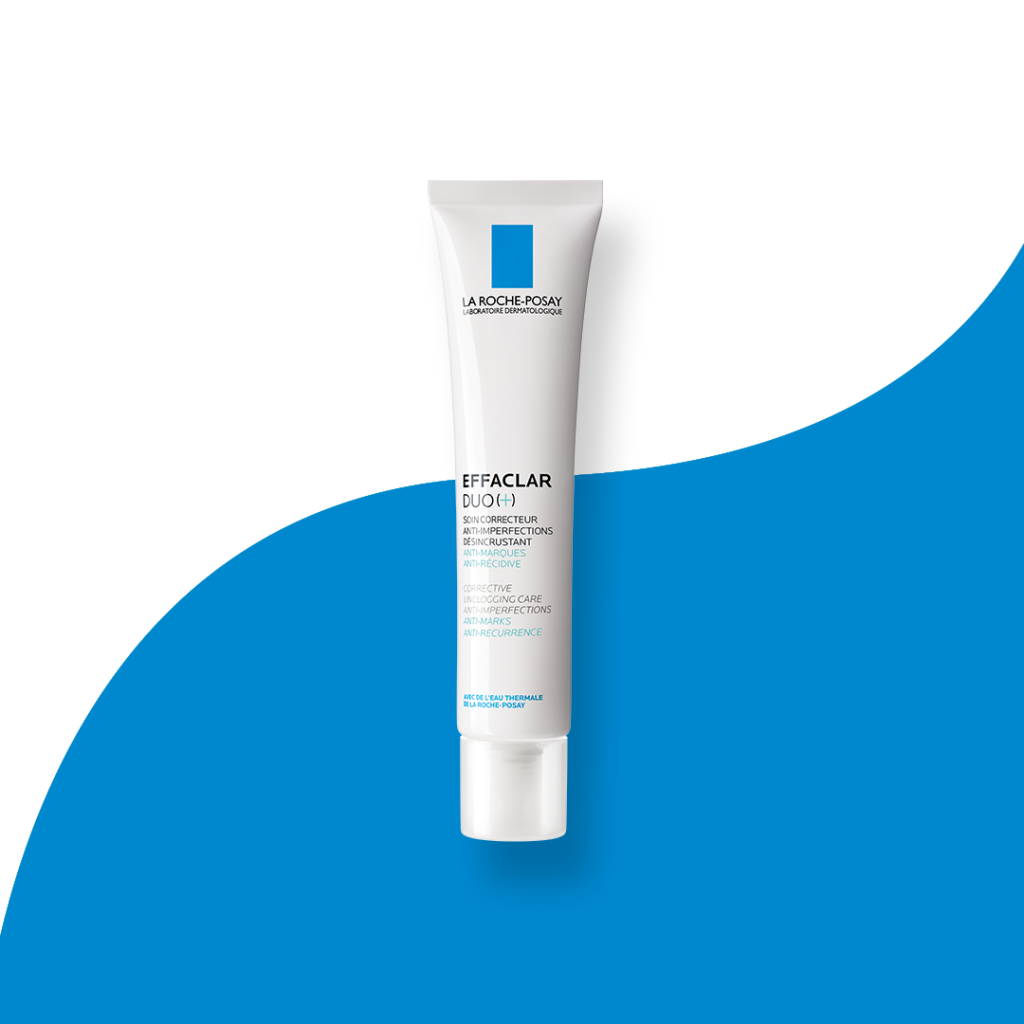
The Ultimate Trio skin routine
- Make a foam with Effaclar Purifying Foaming Gel by rubbing in your hands with a little water. Gentle massage the skin in circular motions and rinse thoroughly. Pat dry with a soft towel.
- Adults over 20 years should apply Effaclar Serum in the evening.
- Apply Effaclar Duo [+] morning and evening.
- Apply Sun protection such as Anthelios Oil Correct 50+ or Anthelios Dry Touch Gel-Cream 50+ in the morning and as necessary (regardless of the weather!)
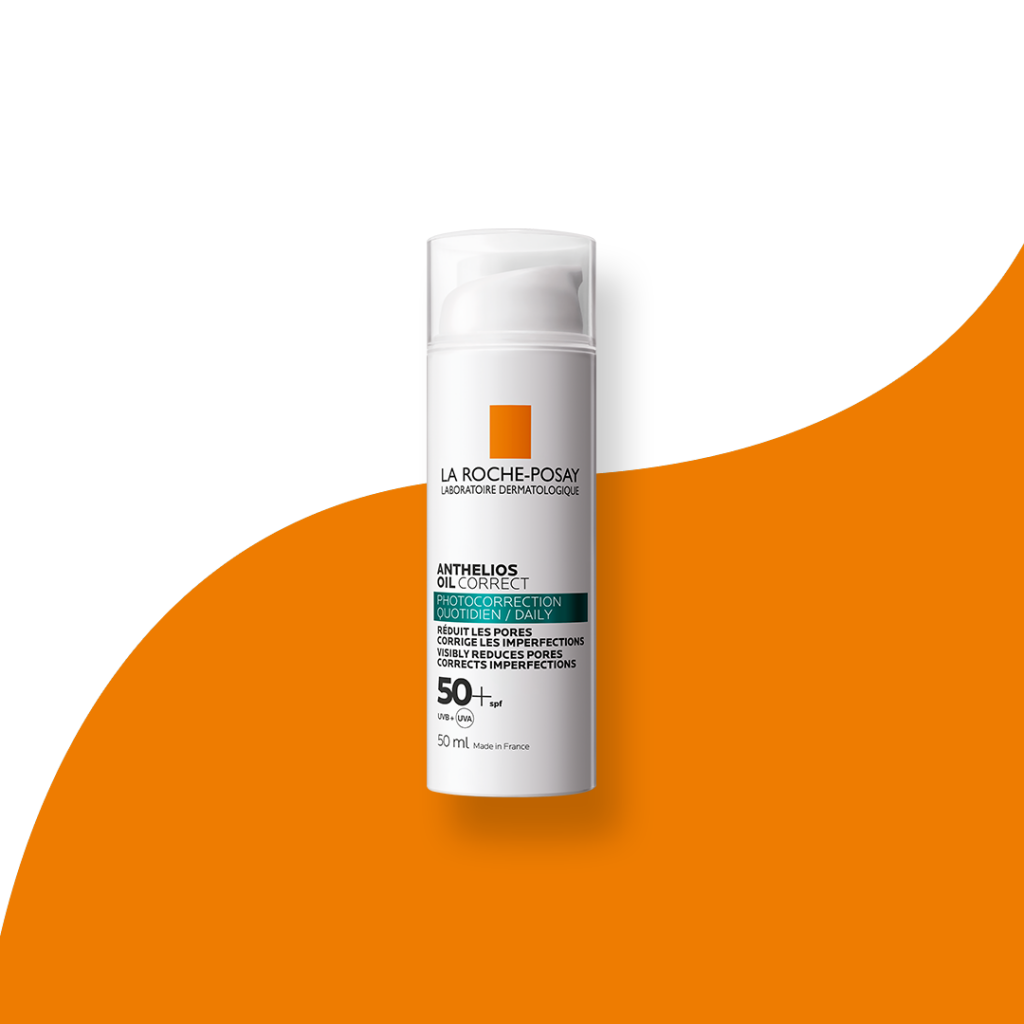
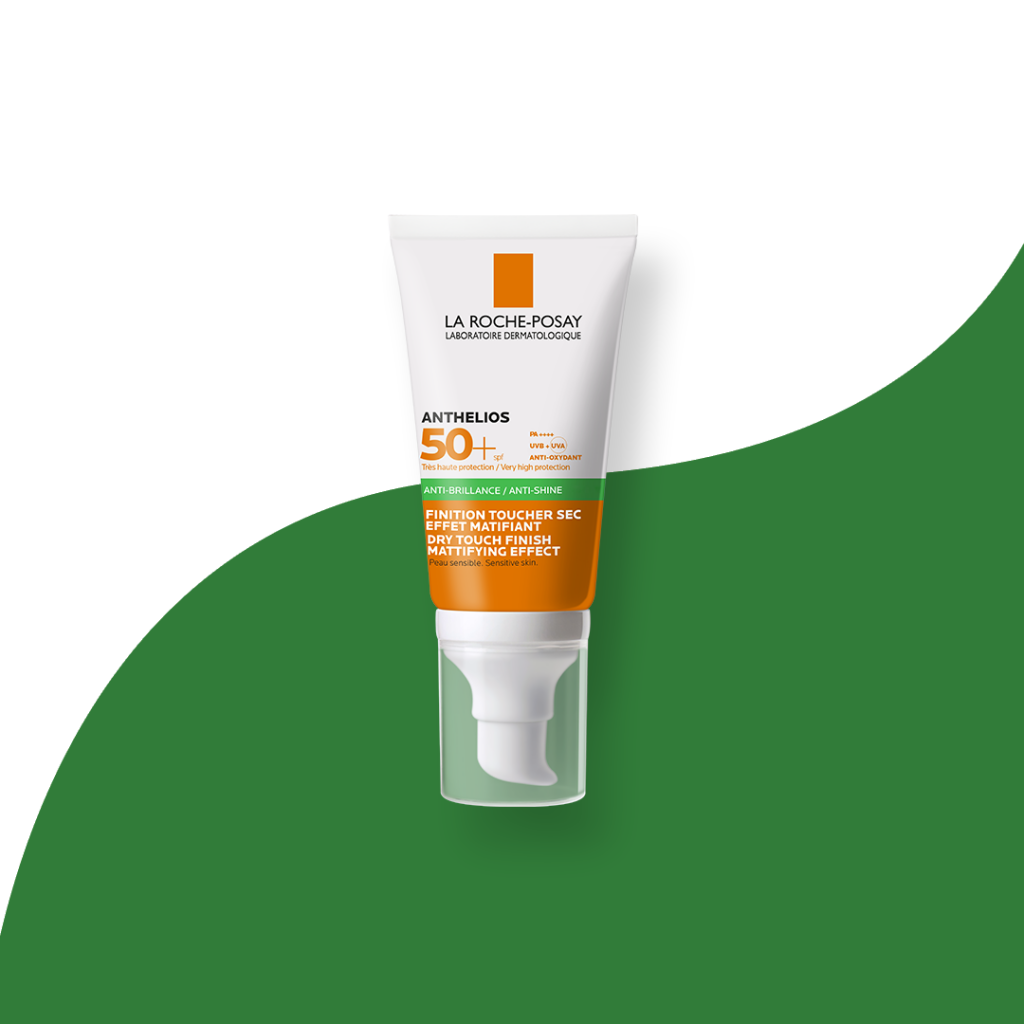
Skincare routines for acne
A few general skincare routines should be avoided if you’re trying to clear up your skin. If you’re struggling with acne, try following these simple tips and see if they make a difference.
- Resist the urge to scrub your face too aggressively as this can irritate your skin and make acne worse.
- Be careful about using harsh chemicals or abrasive exfoliants. These can also irritate your skin and lead to more breakouts.
- Avoid touching your face too often. Your hands are full of bacteria that can clog pores and cause pimples.
- Everyone, especially those treating acne, should use high UVA sun protection in all weather conditions, as the sun can worsen acne.
Sources:
What Causes Acne and How Can I Prevent It? (2022, February 23). Healthline. https://www.healthline.com/health/skin/acne
Acne—Symptoms and causes. (n.d.). Mayo Clinic. Retrieved October 17, 2022, from https://www.mayoclinic.org/diseases-conditions/acne/symptoms-causes/syc-20368047
